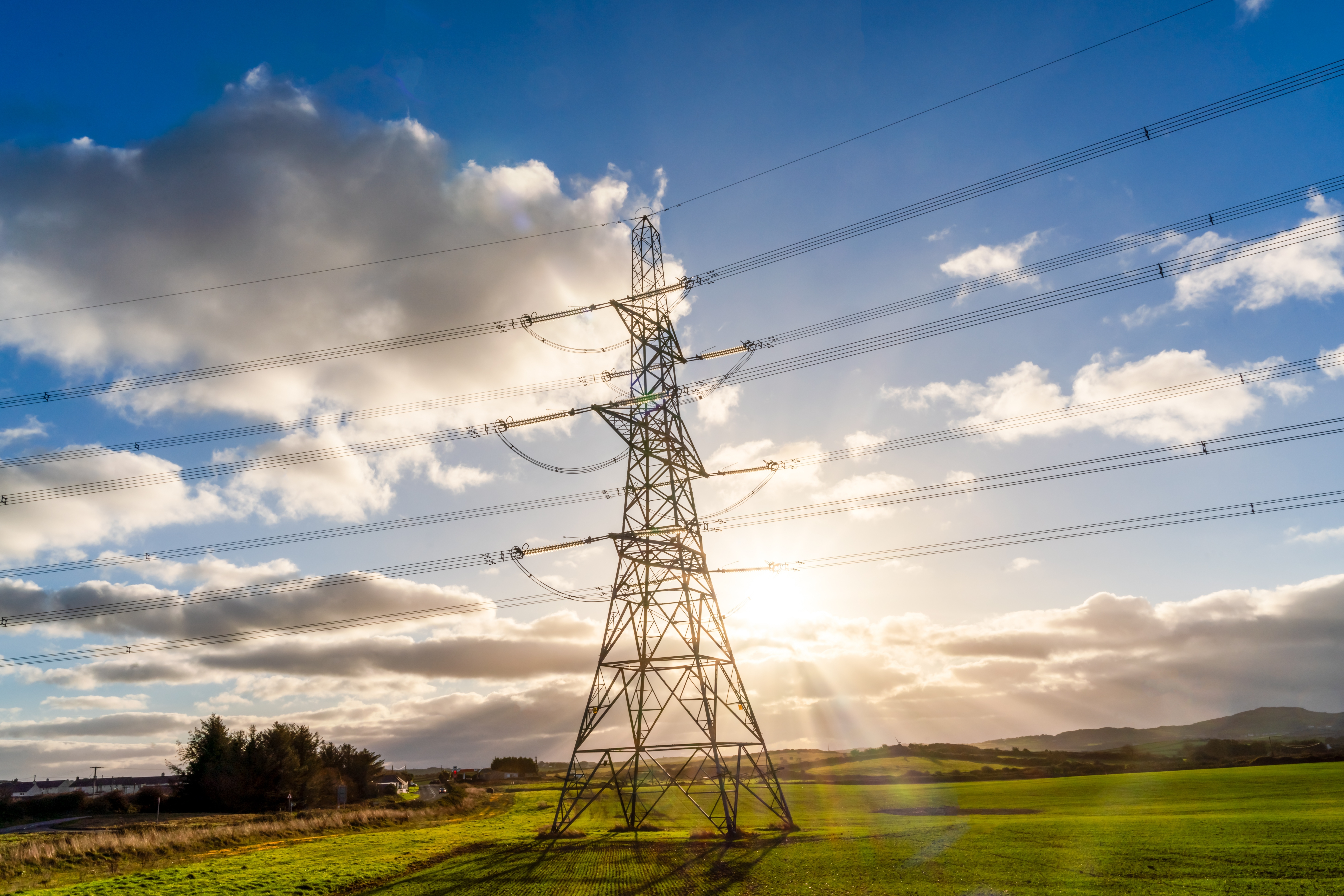Bill to ban greyhound racing in Wales on the rocks, as Senedd committees slam poor practice
The Welsh Government's Bill to ban greyhound racing in Wales is looking to be...
View Details
The Countryside Alliance has presented the findings of its electrical infrastructure survey to the Independent Advisory Group (IAG) on Future Electricity Grid for Wales, revealing the alarming impact that poorly planned electrical infrastructure could have on public health, the environment, and the economy.
The presentation, delivered to the advisory group under the chairmanship of Professor Hywel Thomas (Professor of Civil Engineering and Director of the Geoenvironmental Research Centre), was well received.
When the IAG was first formed, the Countryside Alliance applied for a seat on the group to represent rural people and communities but was refused. Despite promises that the group would engage with its members and supporters, no consultation took place, leaving communities feeling ignored and uninformed. The Alliance took action to ensure their voices were heard.
The Independent Advisory Group has since stated that the “Welsh Government is committed to working with representatives from all sectors and regions” to develop principles for grid development. These principles are expected to be incorporated into Planning Policy Wales, considering community needs, environmental concerns, visual impact, cost, and technical feasibility.
The Countryside Alliance launched its consultation to make the voices of rural Wales heard and our research returned some shocking results and revealed that there was overwhelming opposition to pylon infrastructure and that communities were concerned about the risks to the economy, their health and the environment.
The survey results revealed overwhelming opposition to pylon infrastructure:
When asked about undergrounding electricity via cable ploughing, 94% of landowners supported the approach. With landowners crucial to delivering future energy infrastructure, this strong backing could accelerate projects and strengthen the cost-benefit case for undergrounding instead of pylons.
Our landscape holds significant value, when associated with health and wellbeing, the economy or the wider environment. We have argued that changing the landscape on an industrialised scale by imposing pylons as opposed to undergrounding cables, would inadvertently affect people’s health and wellbeing, would impact on our environment and the fragile rural economy. As the Independent Advisory Group prepares to file its report in Spring 2025, the voices of rural communities must not be ignored.

The Welsh Government's Bill to ban greyhound racing in Wales is looking to be...
View Details
More than 300 farmers and landowners have taken High Court action against...
View Details
Dyfed Powys Police have introduced a new community messaging system, ‘Dyfed...
View Details